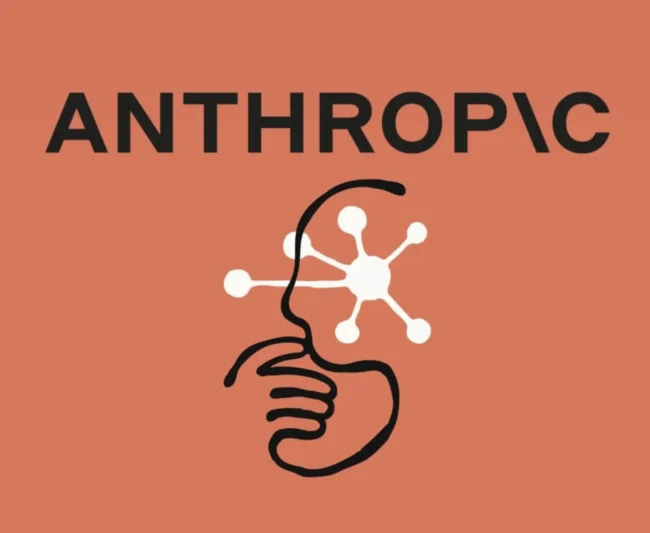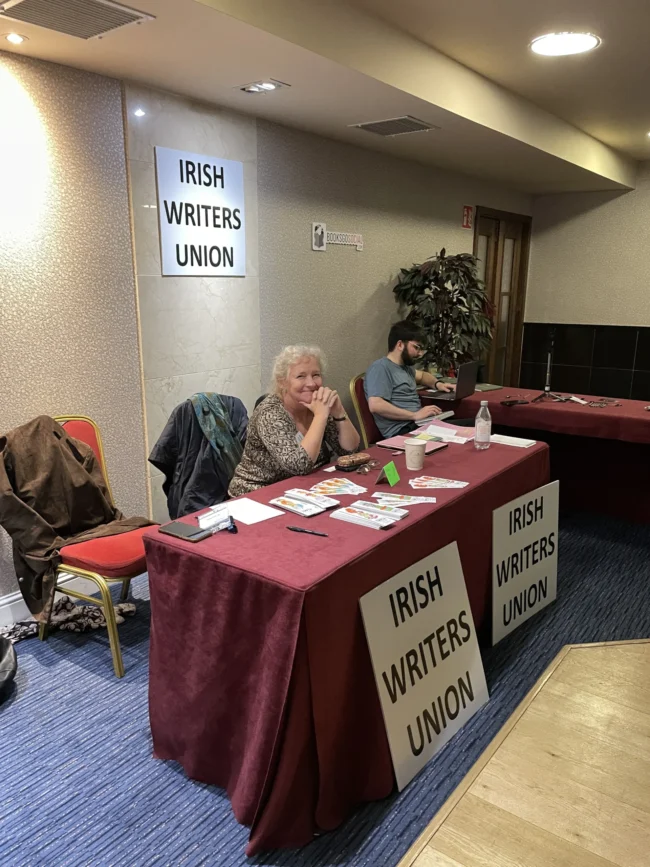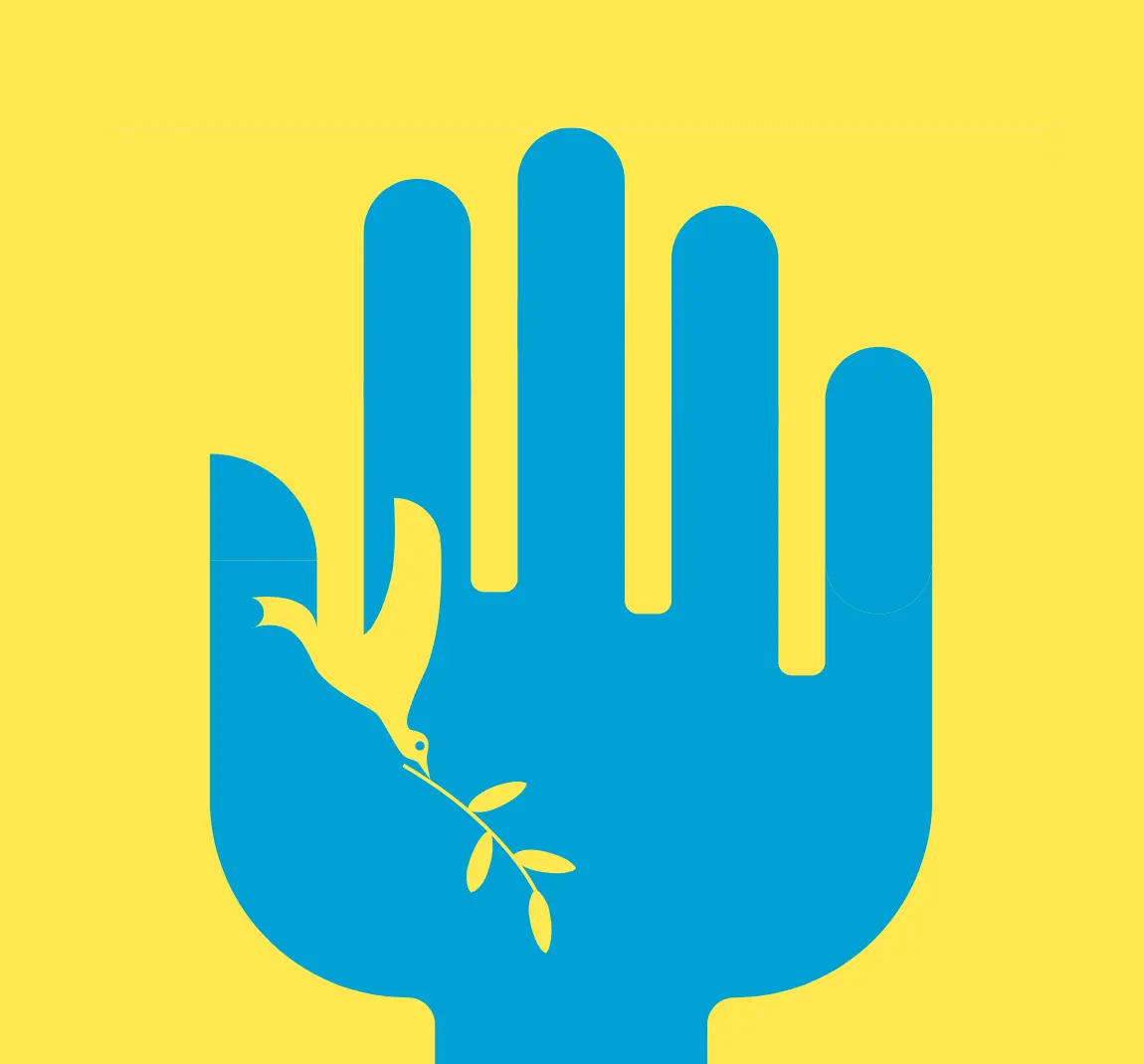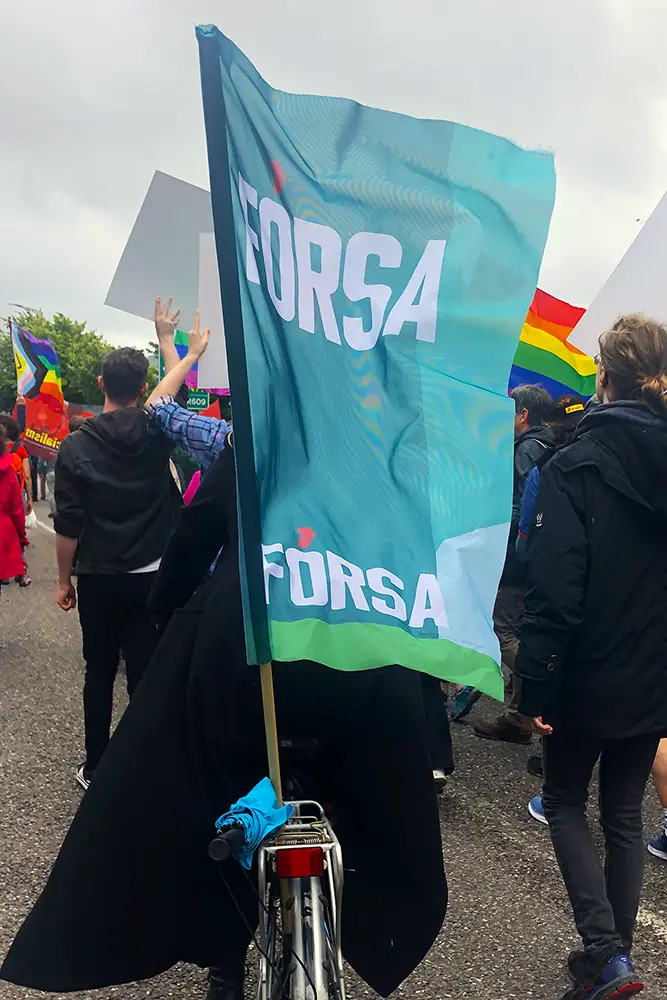The War in Gaza is also a War on Writers, Poets, and Journalists, and it Must End
The 23.000 Palestinians reported killed in the war as of 11 January 2024, included 13 Palestinian poets and 68 journalists. These deaths were publicly reported because their names are known through the poets’ publications and through the journalists’ writing for news outlets. But a whole new generation of writers is also being killed in Gaza, and their names and their work will never have a chance to reach readers.
However, we do know a bit about the lives and deaths of some of these young writers through the work of We Are Not Numbers (WANN), a Gaza-based project of the nonprofit Euro-Med Human Rights Monitor. WANN’s aim is to counteract the lack of Palestinian perspective in world news. Beginning in 2015, the project has provided about 350 teenage and 20-something Palestinian writers with journalistic training, then paired them with experienced English-speaking writers from other countries to help them develop essays and news reports. To date, more than 1,000 stories have been published on the WANN website. Many alumni have continued on as freelance writers or to careers in journalism.
And now, they are dying.
During the horrific terrorist assault on 7 October 2023, when Hamas stormed communities along Israel’s fence with Gaza, over 1100 people, mostly Israeli civilians, were assaulted, mutilated, and killed (Al Jazeera tally based on official Israeli statistics) and about 240 others seized as captives. There was never any doubt Netanyahu’s government would have to respond. But the violent magnitude of the Israeli Defense Forces’ invasion of Gaza is punishing civilians on a scale that can only be described as genocidal.
Among those killed are the next generation of Palestinian writers. One US-based WANN mentor reported that two of her mentees asked, after a poet was detained and beaten, and multiple WANN writers killed, that their names on essays posted on WANN’s website be removed. Also that all the online publications that have published them remove their names or take down the stories. Because in Gaza, people are terrified that they or their families will be the next to die.
Israeli forces are targeting, detaining, beating, and sometimes killing writers because they are writers. This is hardly a new tactic for intimidation during a war. The well-known poet Mosab Abu Toha was one of the more high-profile examples of this calculated retribution. But all those targeted are not famous. WANN has posted tributes to four young writers from their program who have been killed so far. One of the group’s founders was also killed, as was most of the family of its other founder. As reported by the NY Times, he is still alive only because he was in England at the time, getting a journalism degree. Israeli forces killed most of his extended family staying in his home.
In this horrific climate Palestinians in Gaza are told first to evacuate one day, and then the next to evacuate again and go somewhere else, when there is nowhere left to go. It’s no wonder writers of all ages are not just afraid for their and their families’ lives, but afraid to write or publish. Those who would document the devastation and killing must keep writing even as bombs fall on neighbor’s homes and house-to-house searches continue. And do so while deathly afraid, because what if a drone interprets a sentence in poem as a missile-targeting code? Or what if the notebook they are recording events in one day becomes their own death warrant?
Constant fear is a fairly effective censor, but still some writers persist. When the IDF resumed bombing on 1 December 2023, though, it took aim at Khan Younis, in the south of Gaza where the IDF had in October told the entire northern Gaza population of over 1 million people to go. A WANN mentee and his extended family had obeyed those evacuation orders, and all 70 relatives ended up sleeping on the floor of one large room, with no electricity or clean water and little food. The younger children grew sick from hunger and fevers. Back in Gaza City their home was leveled, as was the WANN student’s university. But then the IDF ordered everyone in large swathes of Khan Younis to evacuate yet again, to Rafah, or to a “safer” part of Khan Younis. The IDF posted an evacuation map online, but no Palestinians in the area had electricity or reliable Wi-Fi so they couldn’t access it. The WANN writer’s family, and thousands of others, heard the order to leave, but had no idea of where to go next.
All writers in Gaza are terrified, because this invasion isn’t just a war of metal-piercing flesh, it’s a war on words, a war that also aims to prevent stories being told. So, like many other individuals and organizations around the world, The Irish Writers Union deplores not only the violence itself, but the death and devastation the invasion is wreaking on generations of fellow writers, of all ages. Recently Al-Jazeera reported that civilian deaths in Gaza are declining somewhat, as the IDF apparently begins to heed international criticism. But more pressure must be put on both Hamas and on the Netanyahu government to stop the fighting, and sit down to negotiate.
A ceasefire and the free movement of humanitarian aid is urgently needed and the IWU adds its voice to the many other organisations worldwide calling for this.






